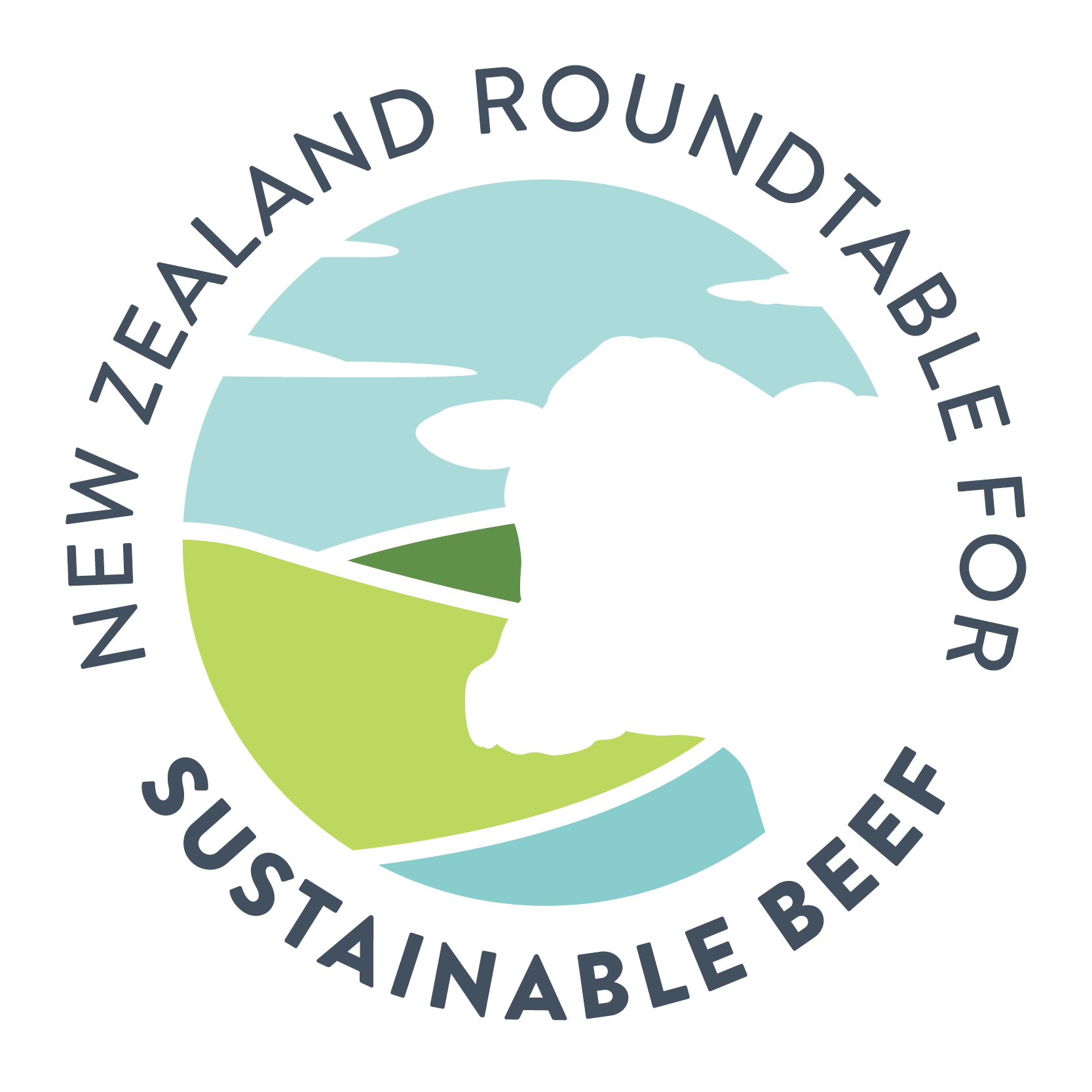Farmers are part of the climate change solution
New Zealand farmers are part of the solution when it comes to climate change and policy makers could be more supportive of them according to greenhouse gas guru Dr Frank Mitloehner.
Dr Mitloehner, a professor and air quality specialist in cooperative extension in the Department of Animal Science at the University of California, Davis, recently presented a webinar with the New Zealand Roundtable for Sustainable Beef.
He says if you run a policy that makes farmers want to give up, then whatever livestock products aren’t produced in New Zealand as a result will come from elsewhere in the world. “Will the products from places that pick up the slack be as efficient and environmentally conscious as your farmers? This kind of leakage is the last thing you want.
“New Zealand farmers are known for doing a really good job so you want them to keep doing it, and to quantify it appropriately I recommend they are incentivised to work even harder along these lines,” says Dr Mitloehner.
“New Zealand would be well served by looking at what the impact of its livestock has been over the years. It’s important to keep your eye on the ball – and that ball is warming. It is not about a carbon footprint – it’s about a warming footprint. What is the warming footprint of New Zealand’s beef, dairy and other industries?”
Dr Mitloehner said you will never get the answer to that question by using the traditional method of measuring greenhouse gas emissions – Global Warming Potential 100 (GWP100).
GWP100 was developed in 1990 and the science has moved on. GWP100 assumes all greenhouse gasses are cumulative (i.e. they never reduce). While this is correct for carbon dioxide and nitrous oxide, methane is a flow gas and has a lifespan of approximately 10 years before it disintegrates.
Dr Mitloehner says that GWP100 won’t provide the answer to New Zealand’s warming footprint, but using GWP* will.
GWP* – a new more accurate approach to measuring methane emissions – recognises that methane survives in the atmosphere for 10 years whereas the other two main greenhouse gases survive for thousands of years. For countries with high methane emissions, this can make a big difference in how reducing emissions is understood and progressed.
“This is not some kind of greenwashing or creative accounting. GWP* uses GWP100 in its formula but it looks at it over time.”
GWP* means that if herd numbers remain the same after 10 years then methane levels remain constant, with the quantity emitted equaling the quantity disintegrating.
The New Zealand Roundtable for Sustainable Beef (NZRSB) is supportive of the GWP* approach. “The GWP* approach is gaining traction around the world and if New Zealand wants to be a world leader in this space, it is time we started using an accurate measure that correlates to actual warming,” says NZRSB Chair Grant Bunting.
You can watch the hour-long webinar here: https://www.nzsustainablebeef.co.nz/media-releases/rethinking-methane
For more information please contact
Grant Bunting
NZRSB Chair
027 665 7616
grant.bunting@nzsustainablebeef.co.nz
www.nzsustainablebeef.co.nz
Follow us on Twitter @NzRoundtable
Bio: Dr Frank Mitloehner
Dr. Frank Mitloehner is a professor and air quality specialist in cooperative extension in the Department of Animal Science at the University of California, Davis. As such, he shares his knowledge and research, both domestically and abroad, with students, scientists, farmers and ranchers, policy makers, and the public at large.
Frank is committed to making a difference for generations to come. He is passionate about understanding and mitigating air emissions from livestock operations, as well as studying the implications of these emissions on the health of farm workers and neighbouring communities. In addition, he is focusing on the food production challenge that will become a global issue as the world’s population grows to nearly 10 billion by 2050.
Frank is also director of the CLEAR Center, which has two cores – research and communications. The CLEAR Center brings clarity to the intersection of animal agriculture and the environment, helping our global community understand the environmental and human health impacts of livestock, so we can make informed decisions about the foods we eat and while reducing environmental impacts.
Frank received a Master of Science degree in animal science and agricultural engineering from the University of Leipzig, Germany, and a doctoral degree in animal science from Texas Tech University. Frank was recruited by UC Davis in 2002, to fill its first-ever position focusing on the relationship between livestock and air quality.

